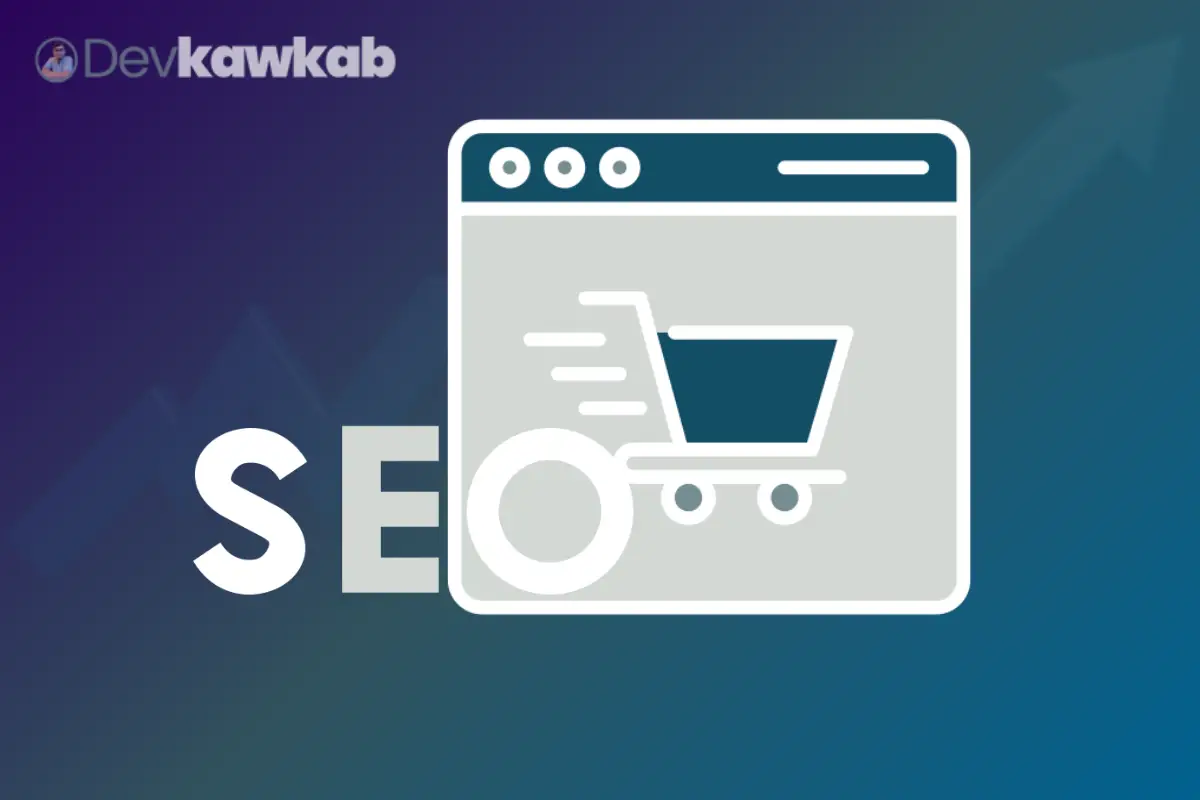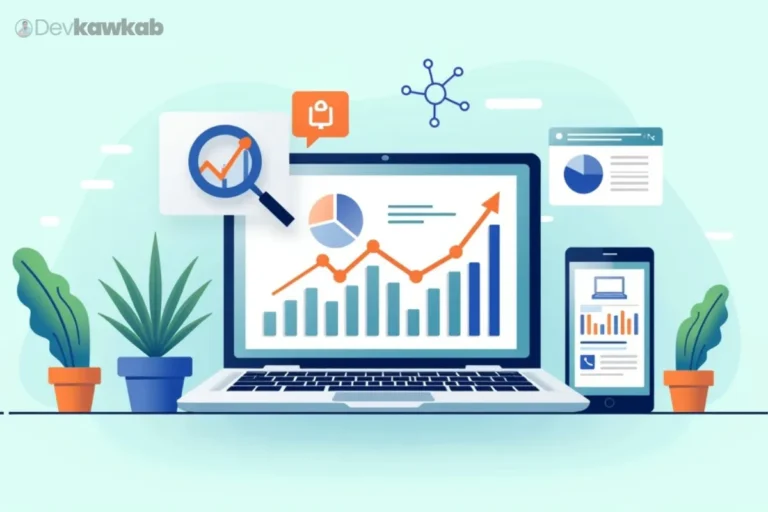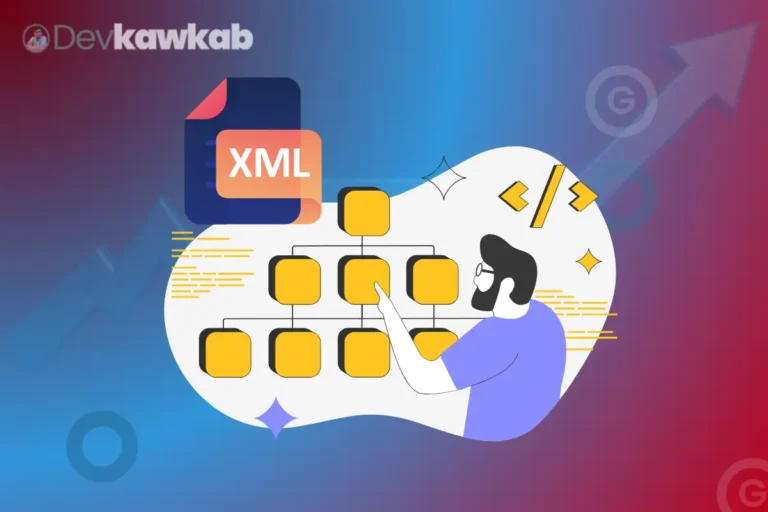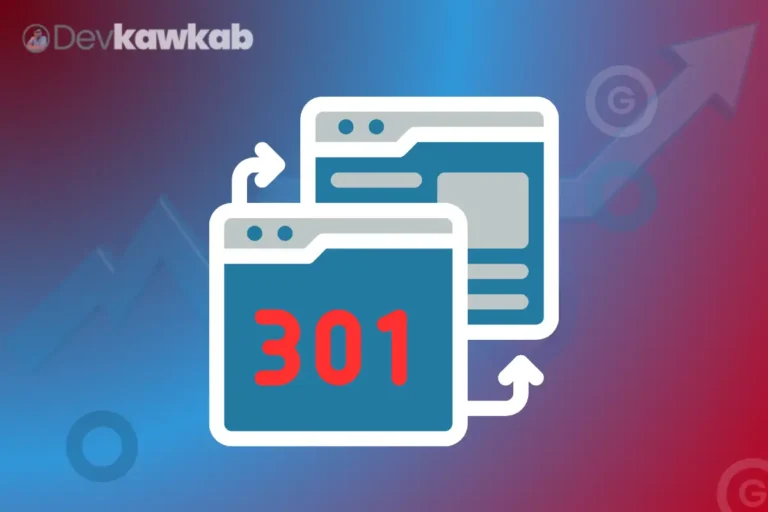In the competitive world of e-commerce, maximizing visibility is crucial for success. On-page SEO is a powerful strategy that helps products stand out in search results.
So, why is on-page SEO crucial for e-commerce? It involves optimizing various site elements to improve product visibility, raise user experience, and boost sales. From keyword placement to structured data, on-page SEO lays the groundwork for driving organic traffic.
In this article, we’ll explore essential techniques to elevate your e-commerce site’s performance.
Now, discover how to:
Let’s get started and explore how strategic on-page SEO can transform your e-commerce business into a standout success!
Read More – Why Is On-Page SEO Crucial for Local Businesses?
How Does On-Page SEO Enhance Product Visibility in E-Commerce?
On-page SEO plays a crucial role in improving product visibility for e-commerce websites.
Optimizing your site’s elements helps search engines grasp your products better, which can lead to higher rankings in search results!
Here are some essential factors to consider:
Importance of Title Tags and Headings
Title tags serve as the first impression for both users and search engines.
Including relevant keywords can significantly enrich visibility. Headings (H1, H2, etc.) structure your content and help search engines grasp the hierarchy of information, improving readability.
Image Optimization
Images are vital in e-commerce, and optimizing them is essential.
Use descriptive file names and alt tags to improve visibility. This not only helps in search engine rankings but also boost user experience, especially for those using screen readers.
Internal Linking
Internal links guide users to related products or categories. This keeps users engaged and helps search engines crawl your site effectively.
Proper internal linking can also distribute page authority across your site, boosting visibility for less popular pages.
Read More – Why is On-Page SEO Vital for Small Websites
What Specific On-Page SEO Techniques Boost Conversion Rates for E-Commerce Sites?
Boosting conversion rates is crucial for any e-commerce site. Implementing effective on-page SEO techniques can significantly influence these rates.
Here’s how:
User-Friendly Navigation
A clear and intuitive navigation structure helps users find what they’re looking for quickly. Well-organized menus and categories encourage users to explore more, leading to higher conversion rates.
Compelling Calls to Action (CTAs)
Calls to action guide users toward desired actions, such as making a purchase.
Effective CTAs should be clear, actionable, and visually distinct. Incorporating keywords related to the product can upgrade their effectiveness.
Customer Reviews and Ratings
Integrating customer reviews and ratings builds trust.
Positive feedback can influence potential buyers’ decisions, enhancing conversion rates. Displaying these on product pages provides social proof that encourages purchases.
Why Is Keyword Optimization Critical for E-Commerce Product Pages?
Keyword optimization is the backbone of effective on-page SEO for e-commerce.
It involves strategically placing relevant keywords to ensure product pages rank well in search results.
Here’s why it matters:
Targeting Long-Tail Keywords
Long-tail keywords often have less competition and higher conversion rates.
By targeting specific phrases that potential customers use, you can attract more qualified traffic to your product pages.
Placement in Product Descriptions
Incorporating keywords naturally within product descriptions can build up visibility.
However, avoid keyword stuffing, as it can lead to penalties from search engines. Focus on creating engaging, informative content that uses keywords strategically.
Meta Tags and Keywords
Meta titles and meta descriptions should include target keywords.
They serve as a preview of your product page in search results, enticing users to click through. Crafting compelling meta tags can significantly impact click-through rates.
How Does Structured Data Impact E-Commerce SEO?
Structured data is a powerful tool that improves how search engines understand your content.
Adding schema markup helps you share extra details about your products, like price, availability, and reviews!
Here’s how it impacts e-commerce SEO:
Rich Snippets
Using structured data can result in rich snippets in search results, making your listings more attractive. These elevated listings can improve click-through rates, leading to more traffic to your product pages.
Enhanced Indexing
Structured data helps search engines better index your site.
Providing clear context allows search engines to deliver more relevant results to users, leading to better rankings and increased visibility!
Voice Search Optimization
With the rise of voice search, structured data plays a vital role.
It helps ensure your products are easily discoverable through voice search queries, catering to the growing number of users relying on voice-activated devices.
What Role Do Meta Descriptions Play in Attracting E-Commerce Customers?
Meta descriptions serve as a crucial element in on-page SEO for e-commerce sites. They provide a brief summary of your product pages and can significantly influence user behavior.
Here’s why they matter:
First Impressions Matter
Meta descriptions are often the first interaction users have with your site in search results. A well-crafted meta description can entice users to click, leading to higher traffic levels.
Character Limit Considerations
Meta descriptions should ideally be between 150-160 characters.
Staying within this limit ensures that your entire message is visible in search results, maximizing its effectiveness.
Using Action-Oriented Language
Incorporating action-oriented language in meta descriptions can motivate users to take action. Phrases like “buy now” or “limited time offer” create a sense of urgency that can improve click-through rates.
How Can High-Quality Content Improve On-Page SEO for E-Commerce?
High-quality content is fundamental for successful on-page SEO in e-commerce.
It not only engages users but also provides valuable information that search engines can index.
Here’s how it can improve your SEO efforts:
Informative Product Descriptions
Creating detailed and informative product descriptions improves user experience and helps search engines understand the context.
Highlighting key features and benefits can persuade users to make a purchase.
Engaging Blog Content
Incorporating a blog section on your e-commerce site allows you to provide valuable content related to your products.
Blog posts can target long-tail keywords, enhancing your overall SEO strategy and drawing in organic traffic.
Regular Content Updates
Keeping your content fresh is vital for maintaining SEO rankings.
Regularly updating product descriptions, blog posts, and other site content signals to search engines that your site is active and relevant.
Why Is Mobile Optimization Crucial for E-Commerce On-Page SEO?
With the increasing use of mobile devices for online shopping, mobile optimization is essential for e-commerce on-page SEO.
Here’s why:
Responsive Design
Implementing a responsive design ensures that your website adapts to various screen sizes. This provides a seamless user experience, improving engagement and conversion rates on mobile devices.
Mobile Page Speed
Page speed is critical for mobile users. A slow-loading site can lead to high bounce rates. Optimize images and utilize caching techniques to develop load times on mobile devices.
Mobile-Friendly Navigation
Creating a mobile-friendly navigation structure is vital.
Simplified menus and larger touch targets build up usability, making it easier for users to browse and purchase on mobile.
How Does Site Speed Affect On-Page SEO Performance for E-Commerce Websites?
Site speed is a significant factor in on-page SEO, especially for e-commerce websites. A fast-loading site not only improves user experience but also impacts search engine rankings.
Here’s how:
User Experience
Page load times directly influence user experience. Users are likely to abandon a site that takes too long to load.
Ensuring fast load times can reduce bounce rates and keep customers engaged.
Search Engine Rankings
Search engines like Google prioritize fast-loading sites. A site with slow speeds may be penalized in search rankings, making it crucial to optimize for speed to maintain visibility.
Technical Optimization
Implementing technical optimizations, such as minimizing HTTP requests and using compressed images, can boost site speed. Regularly testing your site’s speed can help identify and resolve any performance issues.
Conclusion
On-page SEO plays a crucial role in the success of your e-commerce site. Using smart optimization techniques can really boost your product visibility and bring in more traffic!
Focusing on keyword strategies, meta descriptions, and structured data will not only improve your search rankings but also create a better user experience.
Focusing on these elements will set your e-commerce business up for growth and success in today’s competitive market. So, let’s start optimizing!






